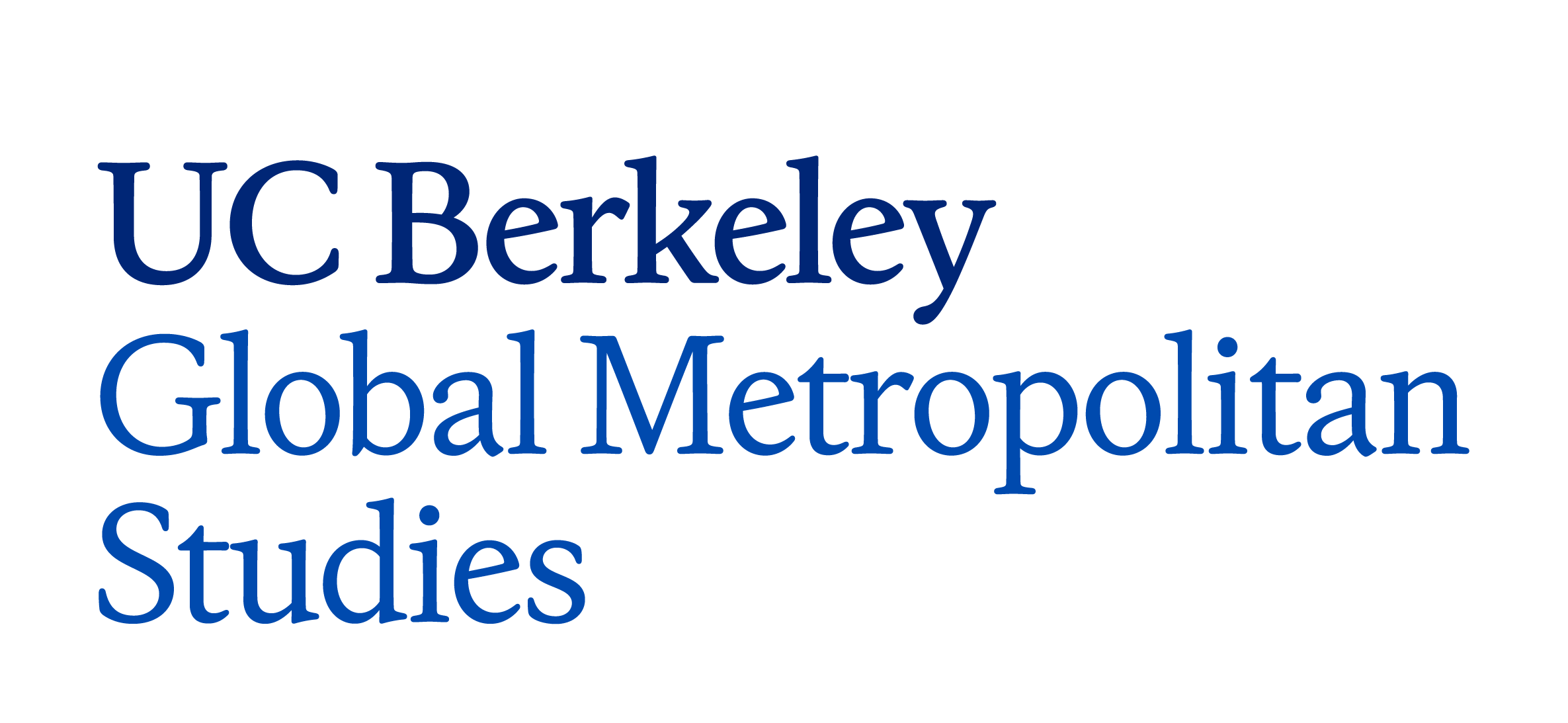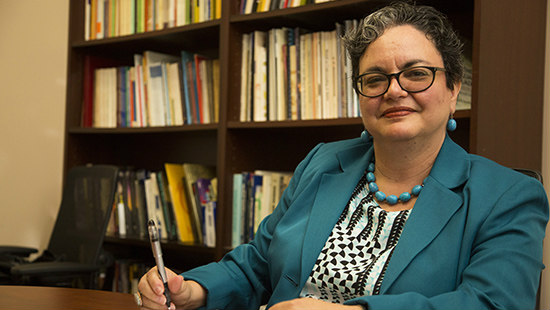In conventional processes of gentrification, upper class residents start populating traditionally lower-income neighborhoods eventually causing an economic and spatial transformation that starts displacing the original residents. In Caracas, massive construction of social housing in central areas of the city carried out by the Venezuelan Grand Housing Mission (Gran Misión Vivienda Venezuela, GMVV) is producing a reversal of sorts of this process. Fulfilling the aspirations of most anti-gentrification demands, the GMVV affords low-income residents new, decent housing in prime areas of the city.
These material gains, however, prove insufficient and often even counter-productive when delivered without an integral program of socio-spatial inclusion, conviviality, and rehabilitation. Left to fend for themselves in these new locations and housing complexes, residents are challenged to both reproduce the level of supporting social networks and services they had in their places of origin and insert themselves in educational and labor systems of opportunity to improve their wellbeing.
In addition, the forced coexistence between different socio-economic classes in the central neighborhoods does not naturally produce conviviality and instead often exacerbates distrust and class struggle, creating micro-geographies of spatial segregation and social alienation.
Finally, the disruption of the urban capitalist order from above—via land and building expropriations, social housing construction and allocation, and class mixing—is insufficient to promote a more just city when unaccompanied by the assumption of anti-capitalist values and practices from below. Instead of a top-down, viviendista approach to social housing production and location, GMVV would do better focusing less on housing quantity production and instituting instead more holistic and participatory programs of context-sensitive habitat co-rehabilitation and co-management.
Clara Irazábal-Zurita is a Professor of Planning and Director of the Latinx and Latin American Studies Program at the University of Missouri-Kansas City.
This lecture is co-sponsored by the Social Science Matrix.

